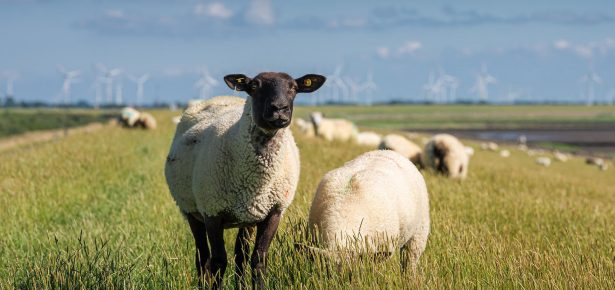
What exactly is resilience and how can it be enhanced? Farming systems in Europe are rapidly evolving while being at the same time under threat, as seen by the disappearance of dozens of farms every day. Farming systems must become more resilient in response to growing economic, environmental, institutional, and social challenges facing Europe’s agriculture. Since the COVID-19 pandemic, the need for enhanced resilience has become even more apparent and continues to be an overarching guiding principle of EU policy making.
The aim of this book is to show an in-depth resilience assessment of European farming systems in response to economic, environmental, institutional, and social challenges that will determine the future and sustainability of farming systems in Europe. Four novelties explain the added value of this book: i) It provides a unique insight into the resilience challenges of Europe’s diverse farming systems, consisting of eleven case studies; ii) It considers numerous stakeholders and their role in making farming more resilient, offering a more integrated and wider view; iii) It addresses components both separately and collectively to create an integrated synthesis; and iv) It provides policy and business recommendations to make farming systems more resilient.
The book builds on the SURE-Farm five-steps resilience assessment framework. This framework is designed to assess resilience to known and specific challenges (specific resilience) as well as a farming system’s capacity to deal with the unknown, uncertainty and surprise (general resilience). Due to the complex multifaceted nature of resilience, the framework suggests the following five analytical steps with guiding questions: (1) resilience of what? – characterization of the farming system; (2) resilience to what? – identification of challenges; (3) resilience for what purpose? – analysis of system functions; (4) what resilience capacities? – evaluation of system responses –; and (5) what enhances resilience? – examination of resilience attributes.
Based on this framework, the book first presents findings on four key processes that affect the resilience of farming systems i.e., risk management, farm demographics, governance and agricultural practices. Findings are substantiated through a combination of methods and measurement approaches.
The empirical centrepiece of the book are the eleven case study chapters (Belgium, Bulgaria, France, Germany, Great Britain, Italy, Netherlands, Poland, Romania, Spain and Sweden) that provide in-depth insights into the challenges and resilience capacities, and strategies of very different farming systems across Europe. In the final part of the book insights from the systematic assessments are synthesised regarding the assessments of farming systems, roadmaps for the enabling environment, lessons learned from the various co-creation methods and the SURE-Farm approach to assess the resilience of Europe’s diverse farming systems.
Latest Comments
Have your say!